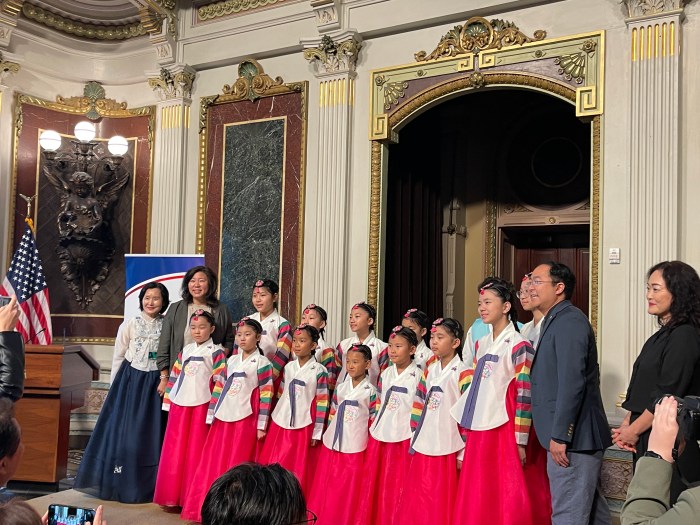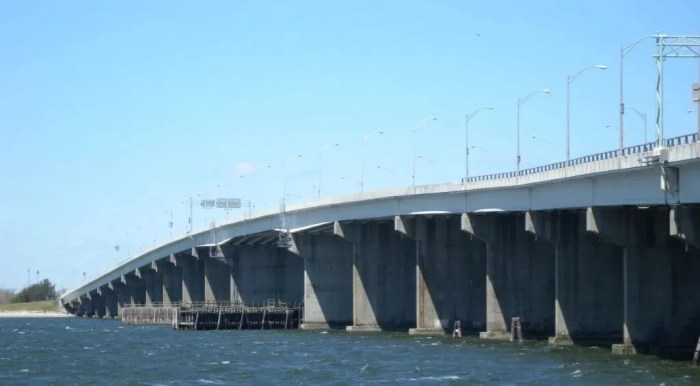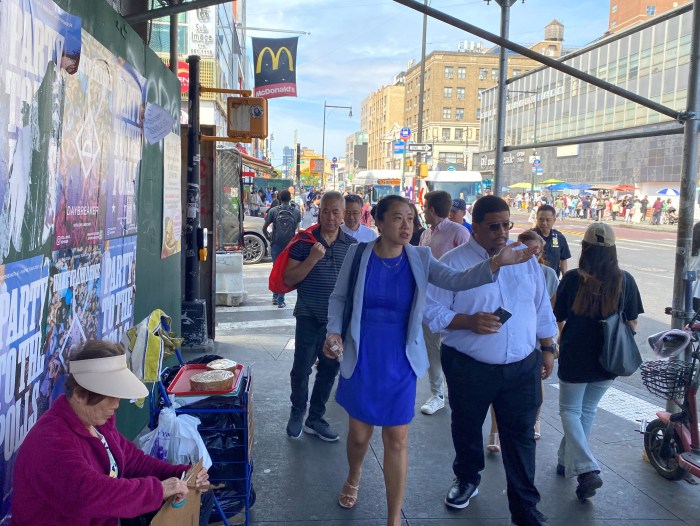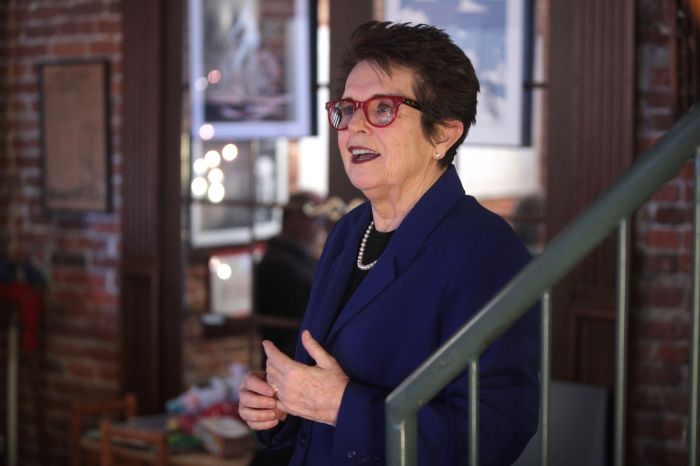By Corey Bearak
The same regional transit agency releases a budget that envisions further fare increases. This agency effectively run by the governor would allow the state, as well as the city and the federal government, to shun responsibility for transit projects.The current fiscal climate excuses neither the city nor the state from resuming their responsibilities for the MTA capital program and extracting a greater financial contribution from the folks in D.C. Anything less continues a practice that screws the riders who pay more (though suburban light rail riders pay even less, proportionately, than us city folk) and allows government to pass on its responsibility for mass transit projects.It goes deeper than that. In the 1970s, through the Urban Mass Transportation Administration, the federal government supplied operating assistance that required a 1:1 state match. The Reagan administration failed to eliminate the subsidy when it took office and reduced mass transit operating assistance. But the Republicans did not stop there. After they took control of both houses of Congress in 1998, they succeeded in their efforts to eliminate this aid. Another federal program, the Transportation Equity Act (TEA-21/TEA-3), continues to offer capital aid and remains the basis for the $4.5 billion that the MTA expects Washington to cover. The federal gas tax funds much of the federal aid, and proposals to ensure that the federal government returns 90 percent to 95 percent of the revenues provided by a state would reduce federal aid for states such as New York, where greater mass transit usage means comparably less federal gasoline revenues. New York state accounts for about one-third of the nation's mass transit users and three-tenths of all such trips, yet our state gets only one-fifth of the federal funds for mass transit.This mass transit deficit, estimated by the City Council to be at $6.5 billion, reflects an overall pattern: The Republican mayor says we pay the feds $11.4 billion that the federal government returns in services.With the folks who control Washington coming to town this month, it makes sense for our state and local leaders to drive home how the economic health of our city ties to the national economy, and the failure to ensure adequate and affordable mass transit ill-serves efforts to maintain a strong economy in the city, state and nation. Our mass transit usage, particularly as our nation's dependence on more costly foreign oil increases, contributes to the traditionally low per-capita energy consumption. It also helps address pollution. Reduced dependence on oil from the volatile Middle East aids our nation strategically just as it helps our economy.The state needs to do more – as it once did. State funds for mass transit, some $220 million, come mostly from dedicated taxes for mass transit; only $58 million comes from general funds, and the governor proposes to further reduce that contribution. You have probably read or heard that New York City has 84 percent of our state's riders but receives only 63 percent of state aid for our buses and subways. It gets worse. The statute creating the MTA initially gave most of the bridge toll money to our buses and subways.But as tolls and toll revenues increased, the allocation formula diverted too much money from bridge crossings within the city of New York to subsidize suburban commutation. Toll revenues exceed $900 million, with $360 million in surplus funds diverted for transit. New York City Transit moves more than 90 percent of the MTA's customers but receives much less than 90 percent, or $324 million, of that toll surplus.The fare box now covers half of the system's cost and this may grow, absent efforts to secure a fare share of state and federal aid for city mass transit. By way of comparison, the private subsidized bus lines' fares cover 37 percent of that system's costs.The state needs to identify revenues to increase support for New York City mass transit. Taxes that supported mass transit – such as the Corporate Surcharge – repealed in years past could help a lot. Look also at the real estate capital gains on large property that Mayor Ed Koch eliminated, Gov. Mario Cuomo restored for general state needs and Pataki later eliminated.Corey Bearak is an attorney and adviser on government, community and public affairs. He is also active in Queens civic and political circles. He can be reached via e-mail at Bearak@aol.com.































